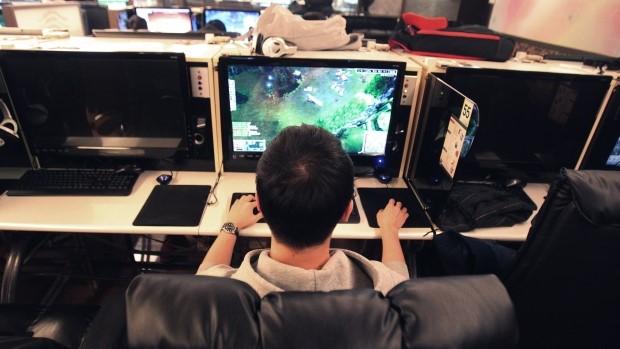
The Wicked World of Cyberbullying
Cyber bullying has become the root of many violent crimes in Society today. Our news feeds are flooded with stories all around the World, regarding crimes that have been initiated and then carried out through social media. With the arrival of technology, bullying and the more punishable crimes are no longer limited to just schoolyards or street corners, cyberbullying can occur anywhere. We are constantly notified by our digital devices, to when our social media feeds are updating, as they remain refreshed throughout the day, so there is often no escape of cyber-attacks.
I conducted an interview with a local resident from Cape Town, asking him to speak openly about his experiences of being bullied and targeted as a child. In his interview he also speaks to how forms of bullying have changed and perhaps become more severe for today’s youth, as everything happens through social media. The victim doesn’t necessarily have to leave their homes to be bullied, which is a daunting thought.
Interview available at: https://soundcloud.com/alex-shellar/interview-of-being-bullied
“Back In the day kids would get bullied and picked on at schools, and then that was that, you went home and tried to get on with things. These day’s kids are being bullied without having to leave their homes. It’s sad to see how mean kids can be.”

Figure 2: Girl distressed over the image of her picture manipulated on her phone. Photo taken by site owner.
In light of a recent incident that has taken social media by storm, regarding Matthew Theunissen a local resident in Cape Town, as the World witnesses him racially rant about the South African government, following Sports and Recreation Minister Fikile Mbalula’s response to “ban” three sporting codes from hosting international tournaments. Matthew Theunissen took to Facebook and in spite of Mbalula’s decision he wrote, “So no more sporting events for south Africa, I’ve never been more proud than to say our government are a bunch of K***** yes I said it so go F*** yourselves you black F****** C****!” (Stars inserted for public discretion) For the full story visit: https://www.enca.com/south-africa/social-media-weighs-in-after-rhodesmustfall-leader-no-land-no-tip
Within in minutes, Theunissen’s post had gone viral. Social media platforms like Twitter saw #MatthewTheunissen trending, provoking more violent responses from its users, some of the tweets read:
“Mob Justice…One example will do #MatthewTheunissen”
“#MatthewTheunissen I suggest we necklace him”
“Let’s hunt the rat, his FB account is deactivated but we got his CV and address idiot #MatthewTheunissen”
In no effort to waste time, a few individuals had gotten hold of his LinkedIn Profile, which revealed a lot of his personal information, such as his personal address and contact details. This became problematic when some of the responses made to Theunissen, were ones that involved the initiation of those upset about the post going to his home and “necklacing” him through an act of “mob-justice”. The media had attempted to call Theunissen to get insight into the situation he currently found himself, and during their brief phone call Theunissen was surprised when informed about the responses his post got on Twitter, as he did not even have a Twitter account. For the Full interview following Theunissen’s first phone call visit: http://www.capetalk.co.za/index.php/articles/13265/i-am-not-a-racist-and-i-will-regret-it-for-the-rest-of-my-life-matt-theunissen
A similar incident happened a few days prior to Theunissen’s Facebook outburst, where Ntokozo Qwabe’s, lead activist of the “Roads Must Fall” campaign took to Social media and posted a picture captioned “Worry not. The tip was paid.” It was later discovered by the Waitress Ashleigh Sculchz, who had serviced their table, that upon opening their bill they had left a note on the recipient saying “WE WILL GIVE TIP WHEN YOU RETURN THE LAND.” Qwabe later took to Facebook bragging about the incident, inciting similar responses from the RMF campaign activists. For the full story visit https://www.enca.com/south-africa/social-media-weighs-in-after-rhodesmustfall-leader-no-land-no-tip
This brings us back to the point that if social media is used rather as a means to bully and intimidate individuals, then it would do just so, which would effectively distance the victims, making them more vulnerable to the clutches of social media and so the vicious cycle continues.
Article by Alex Shellar (site owner)





